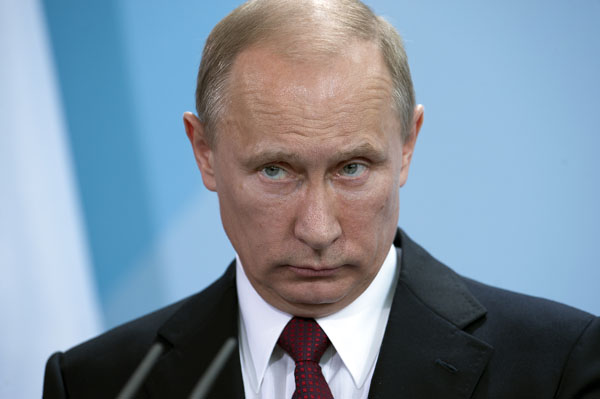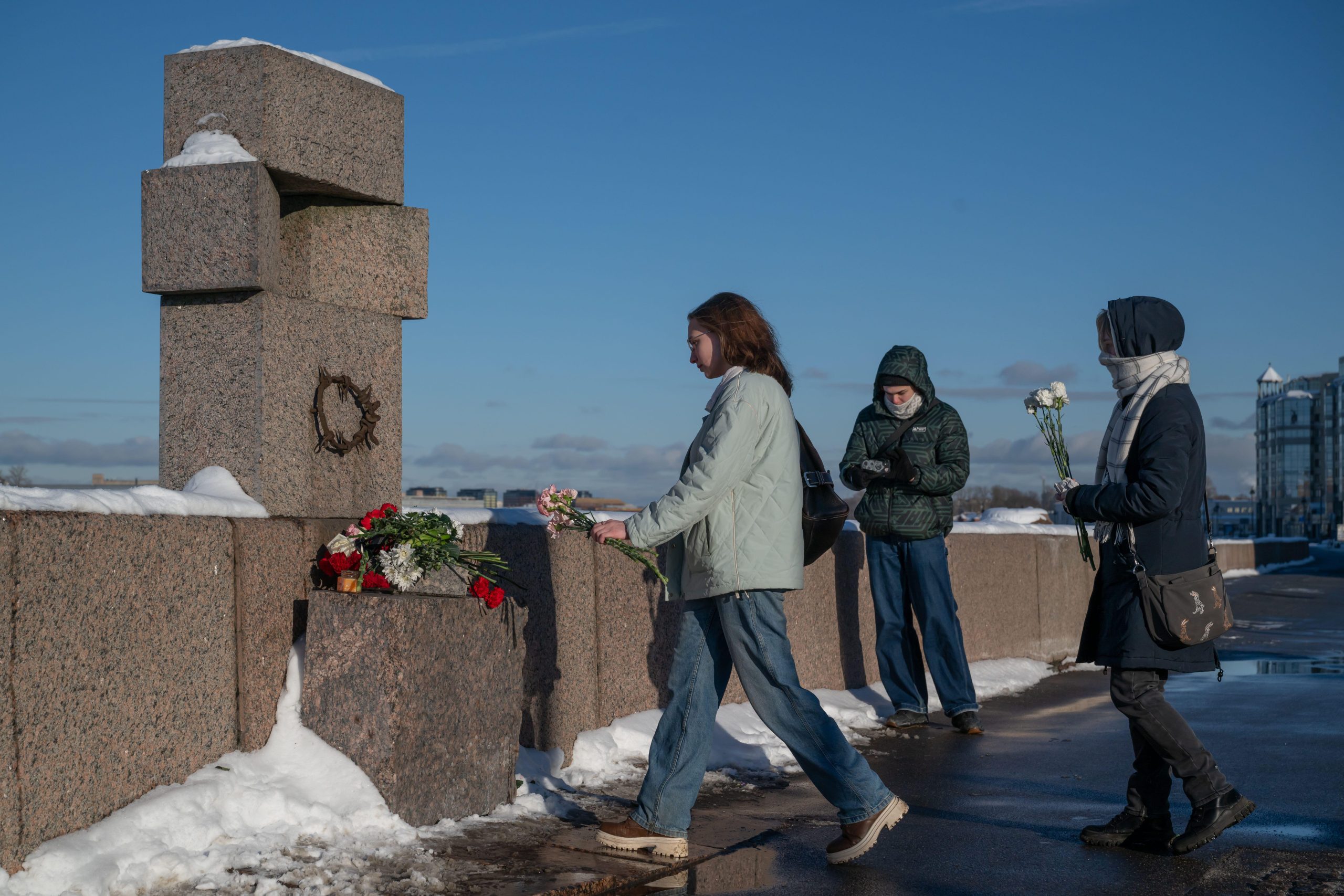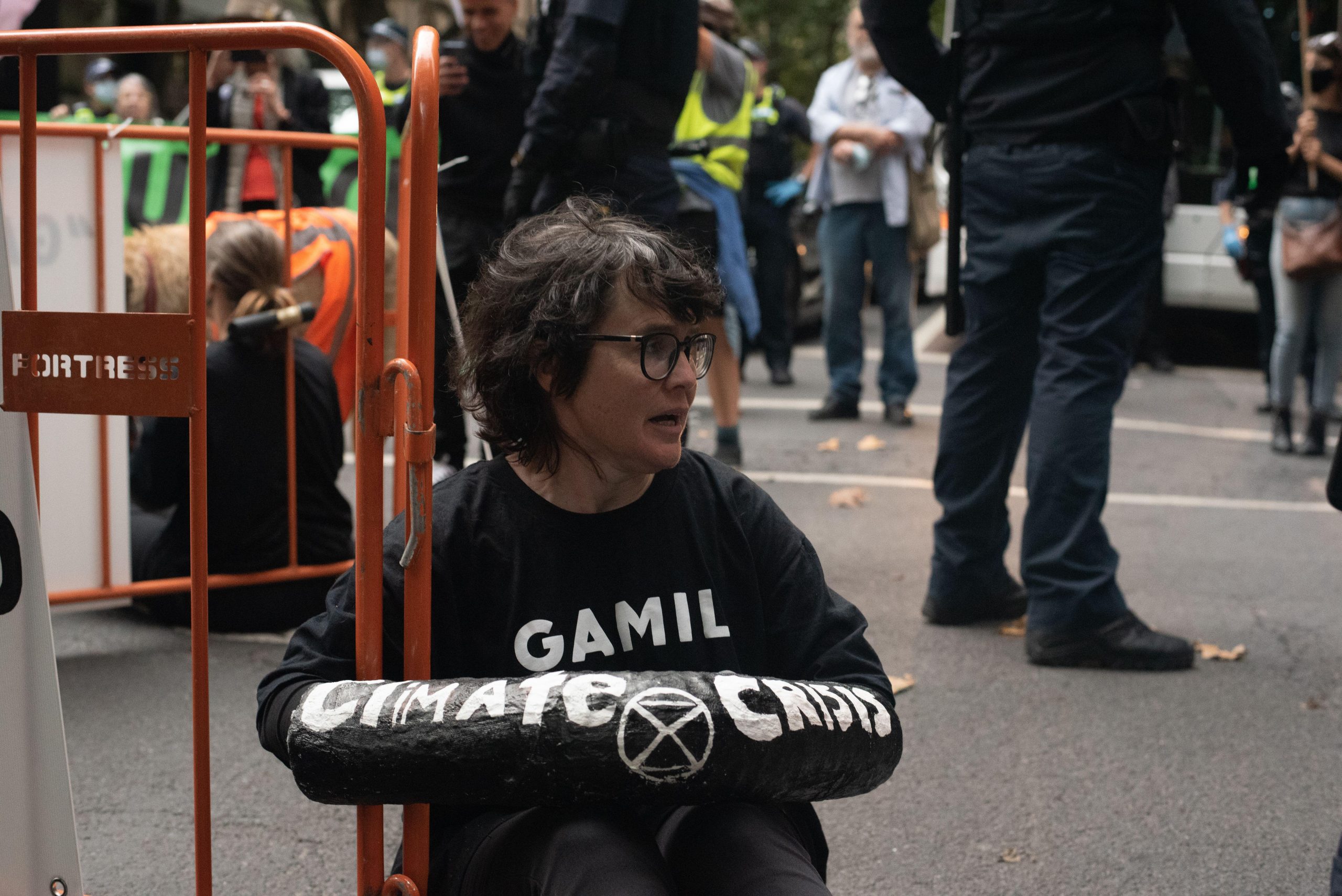 The Arctic Sunrise scandal began on 18 September, when Greenpeace activists reached Russia’s state gas giant Gazprom oil rig Prirazlomnaya. The Arctic Sunrise crew consisted of 28 activists from 18 different countries, including New Zealand, Australia, United Kingdom, Russia, France, Italy, Canada and Argentina, and two journalists – Russian photographer Denis Sinyakov and British videographer Kieron Bryan. Captain Peter Willcox was skipper of Greenpeace’s legendary “Rainbow Warrior” – a ship on which Greenpeace activists protested against testing nuclear weapons in late 1980s.
The Arctic Sunrise scandal began on 18 September, when Greenpeace activists reached Russia’s state gas giant Gazprom oil rig Prirazlomnaya. The Arctic Sunrise crew consisted of 28 activists from 18 different countries, including New Zealand, Australia, United Kingdom, Russia, France, Italy, Canada and Argentina, and two journalists – Russian photographer Denis Sinyakov and British videographer Kieron Bryan. Captain Peter Willcox was skipper of Greenpeace’s legendary “Rainbow Warrior” – a ship on which Greenpeace activists protested against testing nuclear weapons in late 1980s.
The activists lowered dinghies trying to disembark to the oil rig to hang out a banner, criticising petroleum production in the Arctic, but were seized by Russian frontier guards, “Arctic Sunrise” towed to Murmansk and its crew members arrested.
All thirty Greenpeace activists from “Arctic Sunrise” ship have face charges of piracy in Russian city of Murmansk – a criminal article which stipulates up to 15 years in jail.
The activists deny the charges and have been refusing to give evidence since their very arrest.
Vladimir Putin commented:
“I do not know the details of what happened, but they are definitely not pirates. But formally they tried to siege the rig, and our law enforcement authorities, our frontier guards didn’t know, who was trying to seize this rig under the name of Greenpeace – in the context of events in Kenya this could be anything,”
One could not perceive Russian president’s words unambiguously. On the one hand, he made it clear Greenpeace activists were not pirates, and his words have always been an indirect order for Russian courts. On the other hand, he did actually compare Greenpeace with terrorists.
Gennady Lyubin , executive director of Gazprom Schelf Neft – the owner of Prirazlomnaya –insists that Greenpeace members’ actions could have led to “unpredictable and even tragical consequences” and says that Prirazlomnaya is absolutely safe.
Russian journalists have stood up for their colleague Denis Sinyakov and his colleagues from Greenpeace.
They held pickets near Russian Investigative Committee headquarters in Moscow. Leading online media illustrated their articles with black squares instead of photographs.
Greenpeace, famous for its remarkable, yet always peaceful protests against threats to nature, have noted that “Arctic Sunrise” crew didn’t do any harm to anyone, nor did it try to take possessions.
What was happening should have been quite obvious for Russian authorities, including Vladimir Putin; it’s not the first time Greenpeace has protested against Gazprom’s petroleum production in the Arctic.
Early in September 20 Greenpeace activists wearing polar bear costumes blocked the entrance of Gazprom’s headquarters in Moscow. In late August six mountain climbers, including Greenpeace executive director Kumi Naidoo, climbed onto the Prirazlomnaya and managed to stay on its sheer wall for 15 hours. The activists said the rig’s workers poured cold water on them and threw metal objects at them.
That time they managed to avoid criminal prosecution.
Greenpeace activists also disrupted a football game between Swiss club Bazel and Gazprom-sponsored Schalke-04 for about five minutes by unfurling a gigantic banner saying “Gazprom. Don’t foul the Arctic”.
The Greenpeace Save the Arctic campaign was launched in June 2013. According to the the petition against offshore drilling in the has already been signed by almost four million people.
Has “Arctic Sunrise” crew manage to bring more world’s attention to the issue?
It seems Vladimir Putin and his team – intentionally or not – managed to change the subject from the threatened Arctic ecology to Russia’s repressive attitude towards any kinds of civil activism. The paradox is that Greenpeace has became a part of this focus shifting, now having to raise the alarm more as human rights advocates than ecologists.
However, the important question is whether such focus shifting is accidental.
Vladimir Putin is used to his reputation as someone who doesn’t exactly stick to the letter of the European Convention on Human Rights. But never has he shown the signs of being ready to give up any of his and his fellow oligarchs’ commercial interests. The Arctic Sunrise case is another example.
This article was originally published on 9 Oct 2013 at indexoncensorship.org




